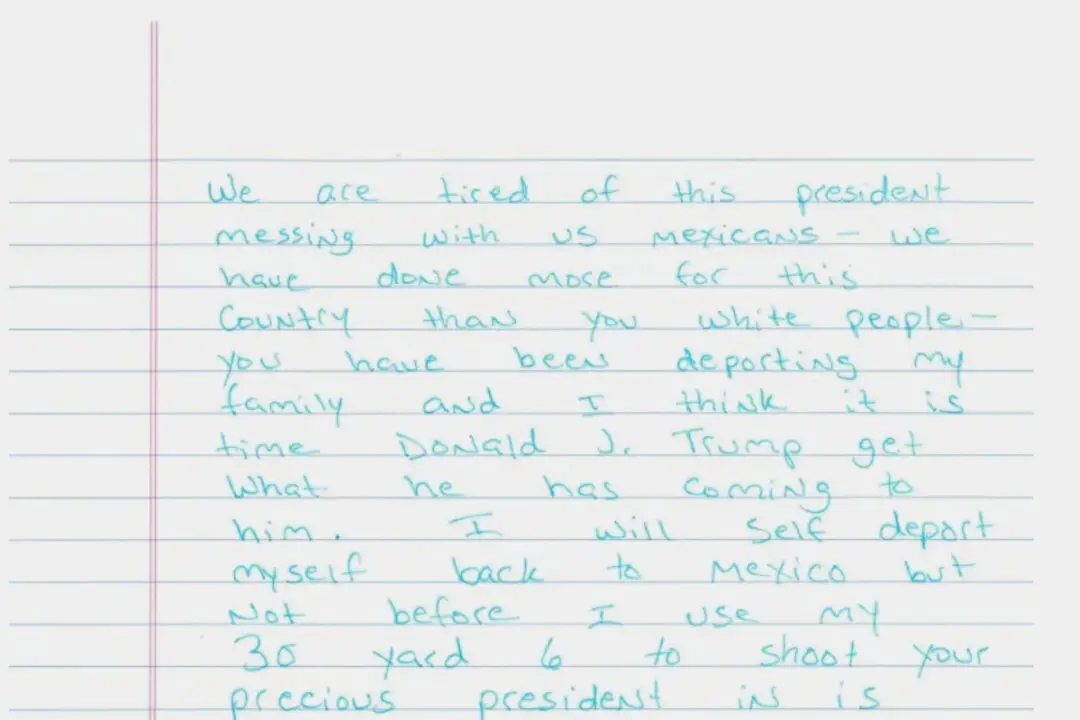ASHGABAT, Turkmenistan—Turkmenistan’s rituals range from the bizarre to the brutal. The Central Asian nation has more marble buildings than anywhere and recently erected a seven-story, golden statue of its president on horseback, while human rights groups say it employs electric shocks, rape and forced intake of psychotropic drugs as torture techniques.
Yet for all the mockery and criticism, Turkmenistan also is rich in gas reserves and relatively stable. And positioned just north of Afghanistan and Iran, it has made itself a valuable partner for the United States in a dangerous part of the world.
For these reasons, U.S. Secretary of State John Kerry ventured Tuesday to a place few world leaders and even fewer journalists or human rights monitors ever see, dangling the opportunity of greater U.S. investment, expanded security cooperation and a strategic counterweight to nearby Russia and China if the government improves its human rights record.
Kerry issued a similar offer earlier in the day in Tajikistan, echoing weekend pitches in Kyrgyzstan, Uzbekistan and Kazakhstan. Speaking Monday at Kazakhstan’s Nazarbayev University, he addressed the challenge facing the region’s governments, particularly as they respond to the threat of expanded Islamic State activity.
“The terrorist presence alone doesn’t give authorities a license to use violence indiscriminately,” he told a crowd that included the Kazakh prime minister, senators, foreign diplomats and students. He said fear about extremist groups “is not a legitimate excuse to lock up political opponents, diminish the rights of civil society or pin a false label on activists who are engaged in peaceful dissent.”
Although the five “Stans” vary significantly in development and openness, rights groups and Kerry’s own State Department say each routinely abuses human rights.
Turkmenistan, which consistently ranks among the most corrupt nations and isolates itself in a way that draws comparisons to North Korea, is arguably the worst of the bunch. But Western nations, like Russia and China, continue to engage the country, in part because it holds some of the world’s deepest gas reserves.
With almost no independent scrutiny in the country, it is impossible to determine how many political prisoners the government is holding. Some have disappeared in prisons, cut off from contact with their families and the outside world, rights campaigners say. Lately, the government has been seizing private satellite dishes to prevent outside information from entering.
No secretary of state had visited Turkmenistan since James Baker in 1992. Kerry’s trip was brief, with only one event: A meeting with President Gurbanguli Berdymukhamedov.
“In the gold domed presidential palace, Berdymukhamedov hailed the new ”dynamic relationship” between Turkmenistan and the United States.
Kerry said, “We can do more together to help your people develop some of the skill sets necessary in this modern economy.”
Berdymukhamedov, whose official title is Arkadag, or “Protector,” has ruled Turkmenistan with an iron fist for almost a decade, controlling all aspects of life in the mostly Muslim nation of 5 million people on the Caspian Sea. Citizens sing songs in Berdymukhamedov’s honor. Imams pray for him.





